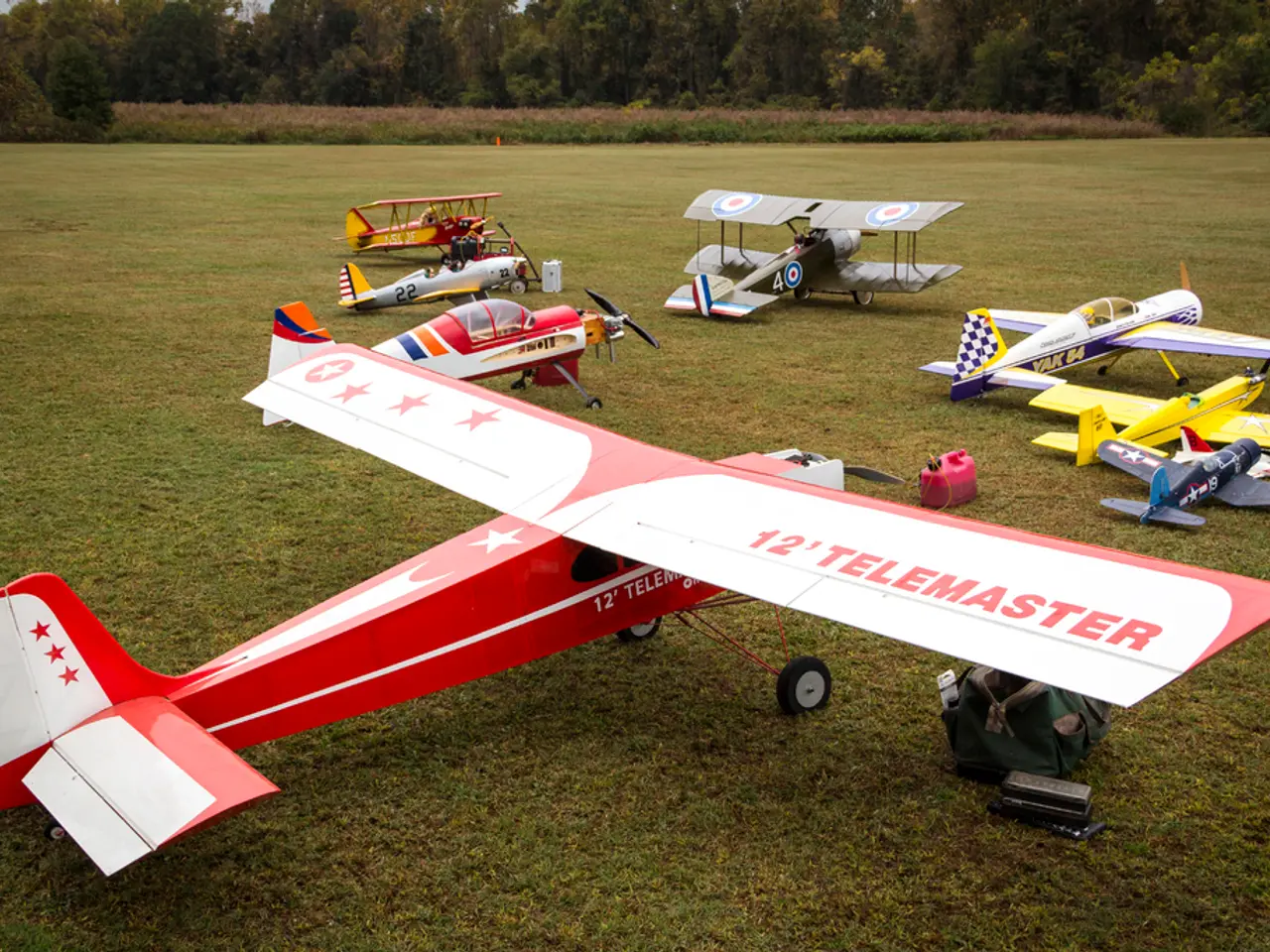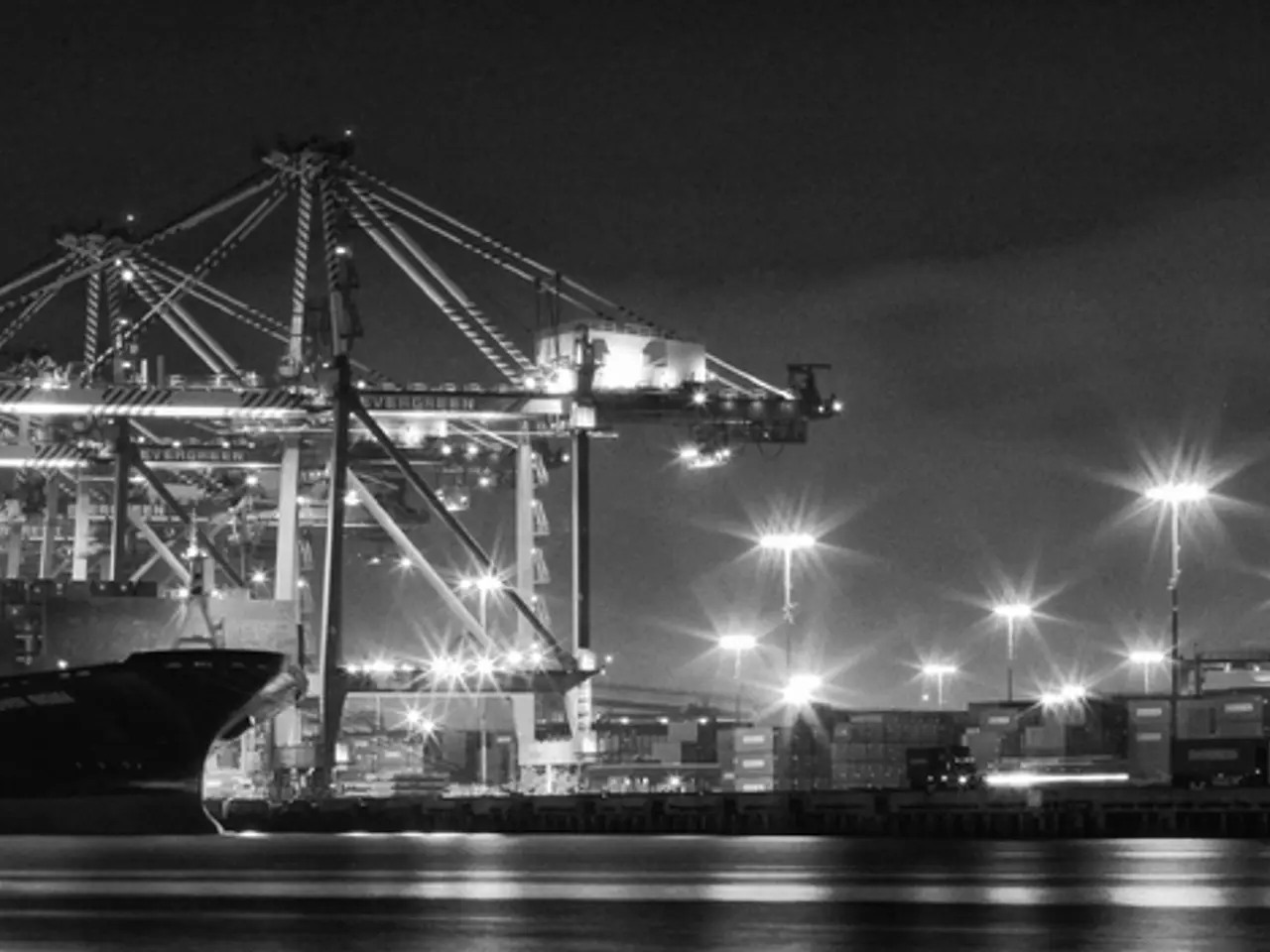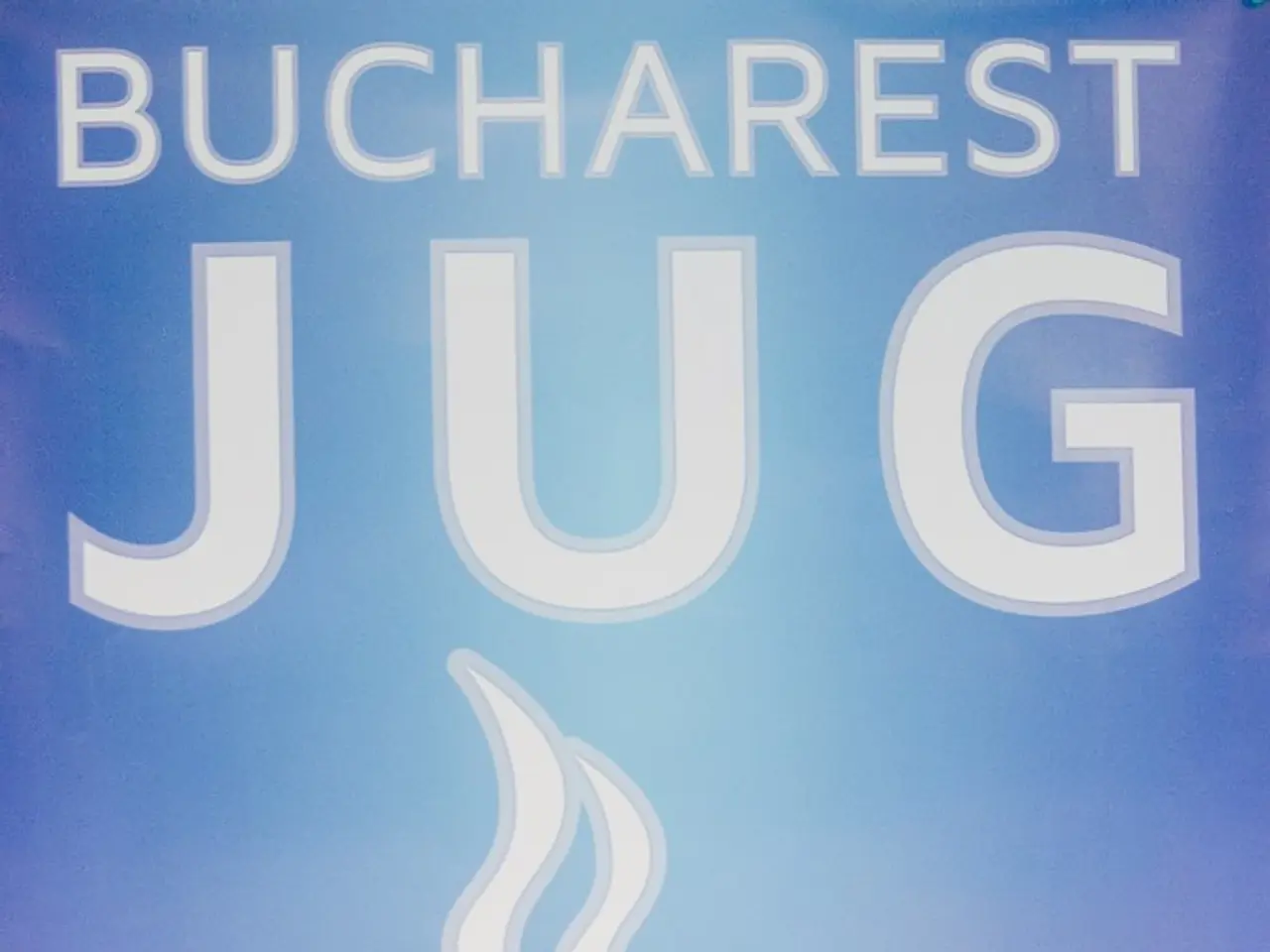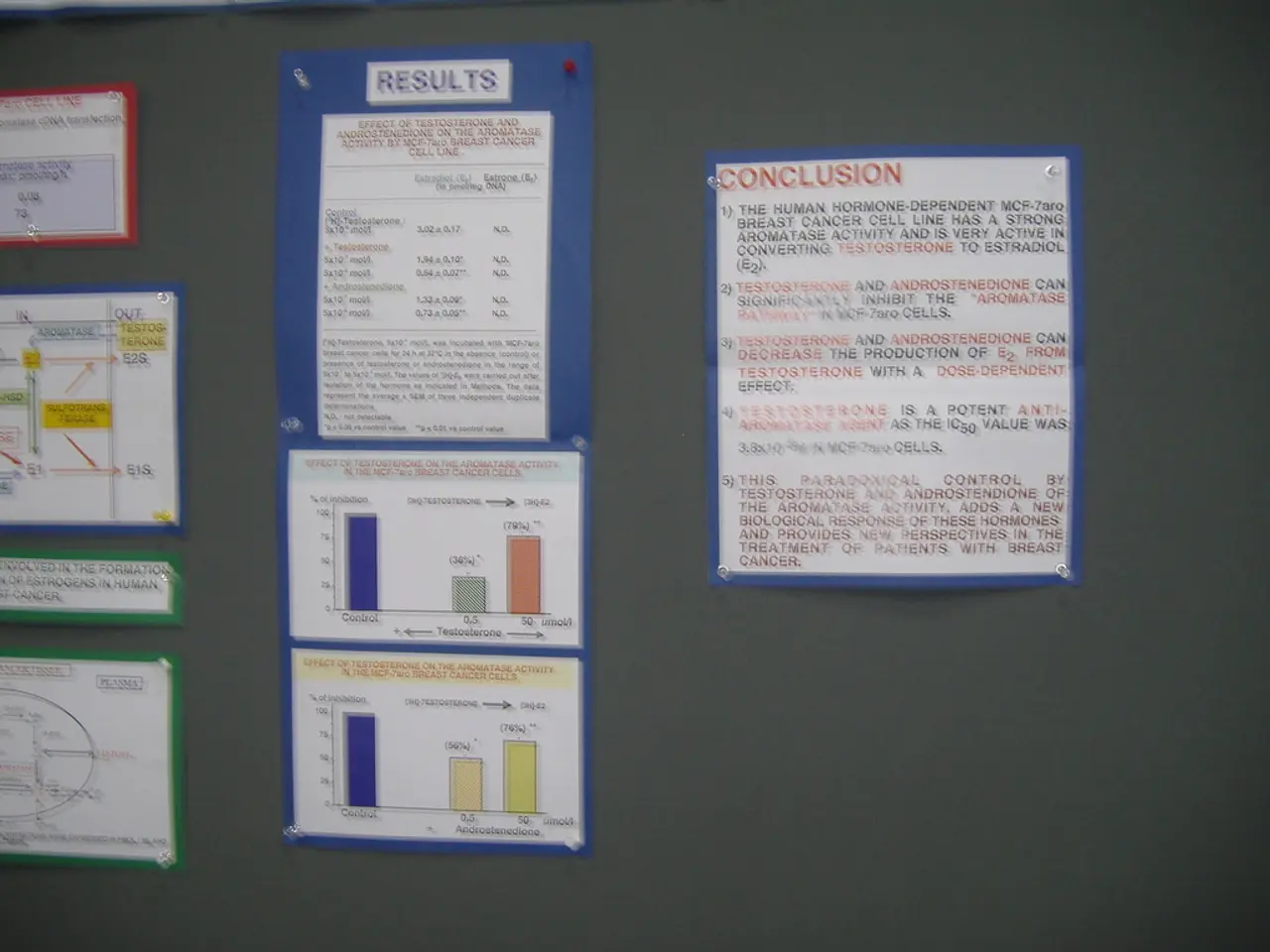British Airways to Cut Down Emissions by 400,000 Metric Tons via New Sustainable Aviation Fuel Agreement
British Airways (BA) and its parent company, International Airlines Group (IAG), have taken a significant step forward in their quest for a more sustainable aviation future. The companies have announced a new multi-year partnership with biofuels producer EcoCeres to supply sustainable aviation fuel (SAF).
This partnership is part of BA's commitment to power 10% of its flights with SAF by 2030, as part of its "BA Better World" sustainability strategy. For IAG, the goal is to achieve 10% SAF use and reach net-zero carbon emissions by 2050.
In 2024, BA already accounted for 2.7% of its total fuel use with SAF, contributing to a 13% reduction in carbon intensity compared to 2019. The new agreement with EcoCeres is expected to further reduce BA's lifecycle carbon emissions by approximately 400,000 metric tonnes compared to conventional jet fuel.
EcoCeres, a Hong Kong-based biomass utilization biofuel and bioproducts platform, produces SAF from 100% waste-based biomass feedstock, such as used cooking oil (UCO). The SAF offered by EcoCeres provides up to an 80% reduction in lifecycle carbon emissions compared to conventional jet fuel.
The SAF supplied to BA is part of efforts to meet new UK government mandates requiring at least 2% SAF blending in jet fuel during 2025. Sustainable aviation fuels are a critical part of aviation’s strategy to reduce emissions, as they can cut emissions by 50% to nearly 100% without needing aircraft modifications. Using waste-based feedstocks like used cooking oil helps avoid issues such as deforestation or food competition associated with some other biofuel sources.
Matti Lievonen, CEO of EcoCeres, and Carrie Harris, Director of Sustainability at British Airways, view this agreement as an important step forward on BA's journey to reach net-zero carbon emissions by 2050.
References: [1] British Airways. (2021). BA Better World. Retrieved from https://www.britishairways.com/en-gb/information/responsibility-and-sustainability/ba-better-world [2] International Airlines Group. (2020). IAG announces net-zero carbon emissions target. Retrieved from https://www.iag.com/news/iag-announces-net-zero-carbon-emissions-target [3] International Airlines Group. (2021). IAG publishes 2020 Sustainability Report. Retrieved from https://www.iag.com/news/iag-publishes-2020-sustainability-report [4] International Airlines Group. (2021). IAG publishes 2020 Sustainability Report. Retrieved from https://www.iag.com/news/iag-publishes-2020-sustainability-report [5] International Airlines Group. (2021). IAG unveils 2030 SAF Roadmap. Retrieved from https://www.iag.com/news/iag-unveils-2030-saf-roadmap
- British Airways' partnership with EcoCeres, a producer of sustainable aviation fuel (SAF), is a significant move towards the aviation industry's goal of reducing emissions, as SAF can cut emissions by 50% to nearly 100% without the need for aircraft modifications.
- The SAF supplied by EcoCeres to British Airways is produced from 100% waste-based biomass feedstock, such as used cooking oil, which helps avoid issues like deforestation or food competition associated with some other biofuel sources.
- British Airways aims to power 10% of its flights with SAF by 2030, as part of its "BA Better World" sustainability strategy, and the partnership with EcoCeres is expected to further reduce BA's lifecycle carbon emissions and contribute to meeting new UK government mandates for SAF blending in jet fuel.




